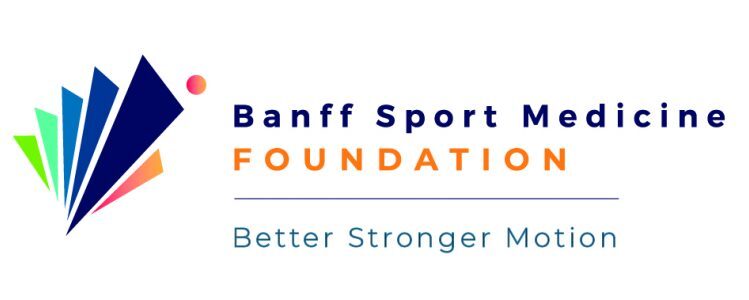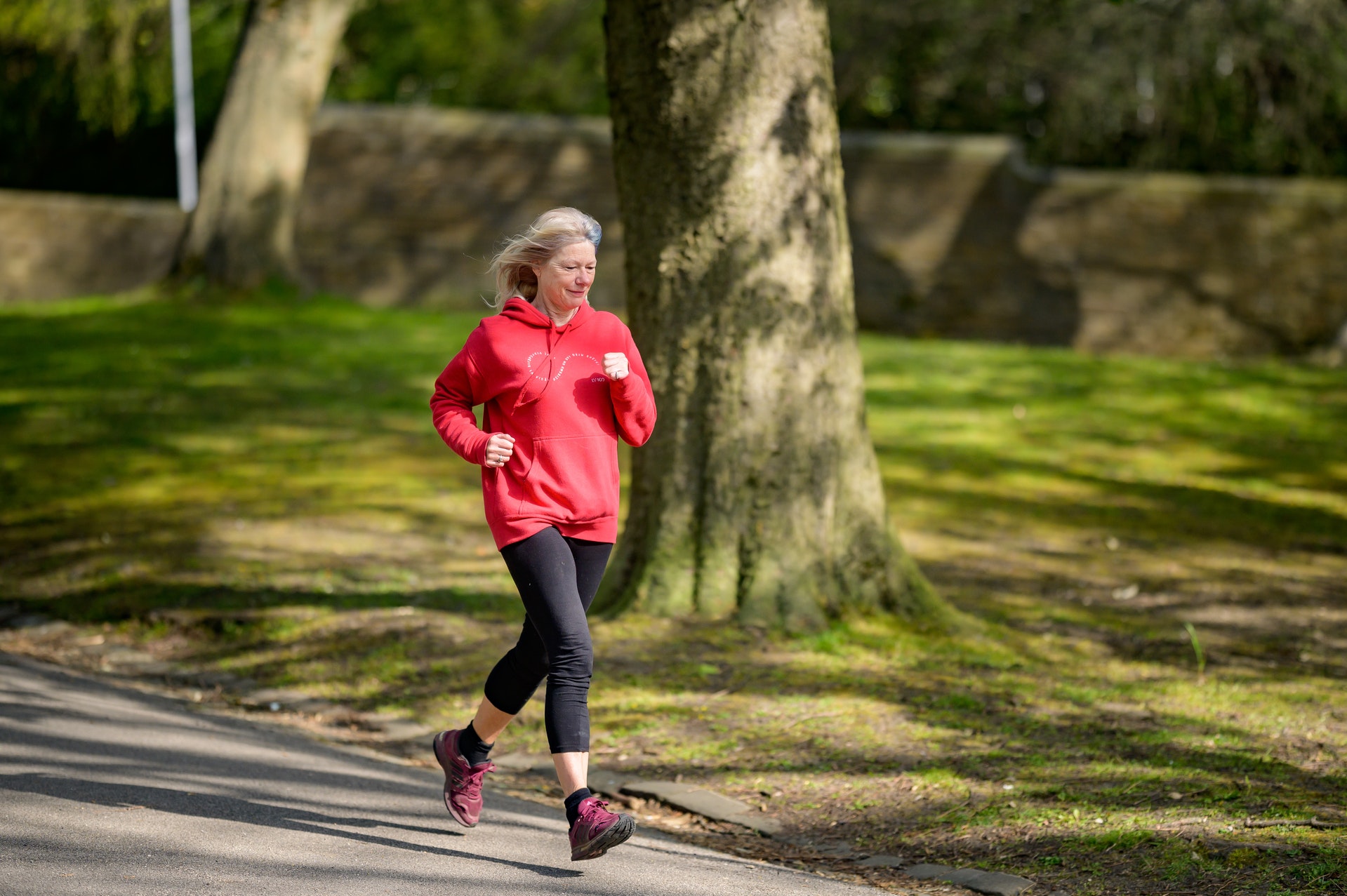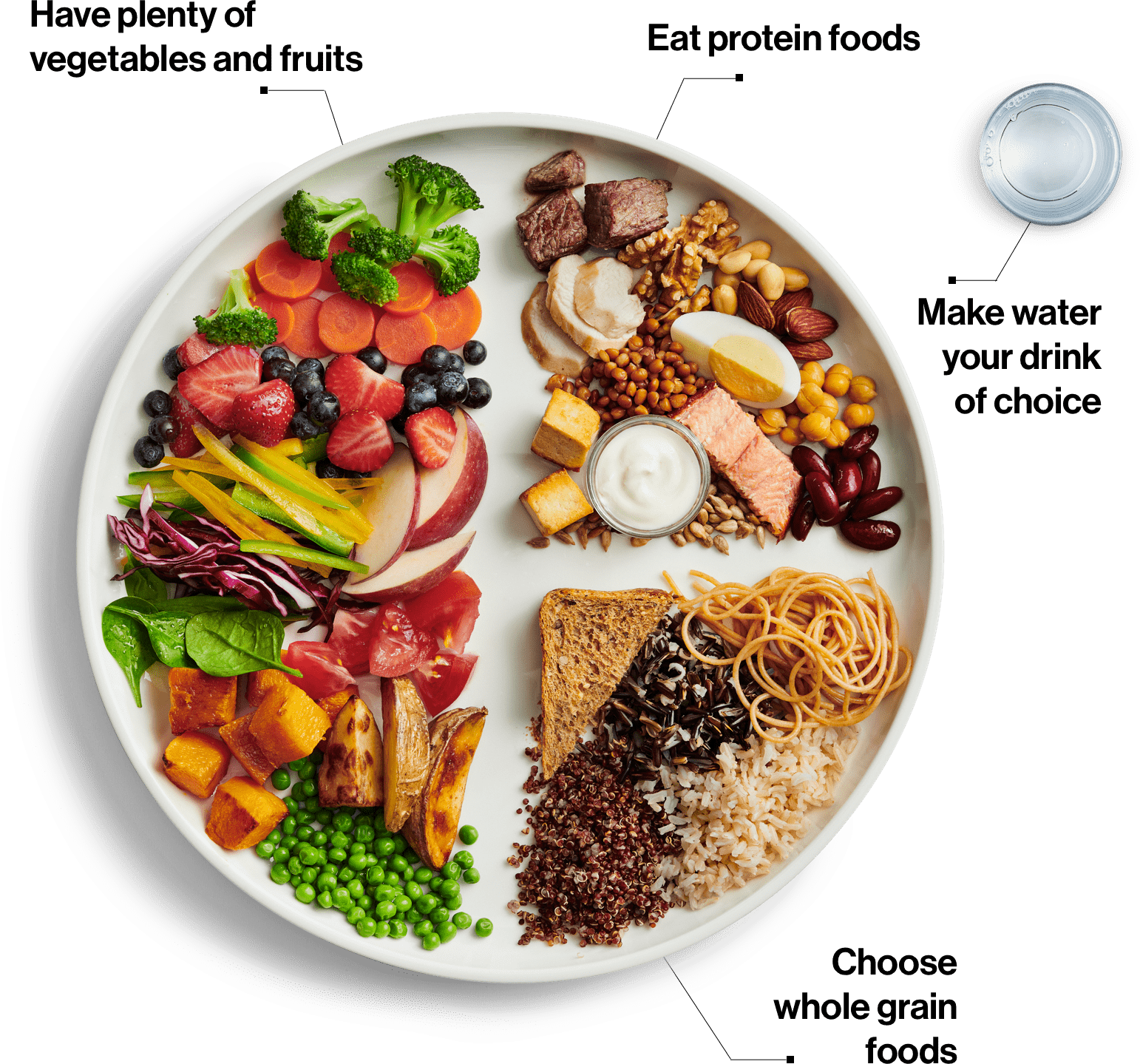Navigating Menopause through Nutrition
Menopause is a natural phase in a woman’s life.
Hormonal changes during this time can affect different aspects of health. While menopause is experienced by all women, everyone’s journey through it is unique. Understanding the changes that occur during menopause is essential for making informed choices about nutrition.
Estrogen levels decrease, and as a result, women may face a decrease in bone density, changes in body composition, and the onset of symptoms such as hot flashes and mood swings. However, with a thoughtful and purposeful approach to dietary choices, women can empower themselves to manage these challenges.
Below are some tips on how to navigate menopause through nutrition. Although this is not an exhaustive list of the side effects of menopause, the tips below should get you started.
Heart healthy eating
Menopause increases the risk of heart disease.
To lower this risk, aim for balanced meals consisting of whole grains, lots of fruits and vegetables, and lean protein.
Whole grains are packed with fibre, antioxidants, and essential nutrients such as B vitamins, iron, magnesium, and zinc. These nutrients also lower the risk of colorectal cancer, chronic diseases, assist with digestive health, keep you full longer, and lower blood sugar.
Examples of whole grains are oats, quinoa, barley, bulgur, buckwheat, and brown rice.
Fruits and vegetables are also high in fibre. They are also rich in essential vitamins and minerals including vitamin C, potassium, folate, and antioxidants which support immune function, bone health, hydration, and reduce inflammation.
Variety is key! Aim for lots of color on your plate!
Choose lean protein sources with your meals (chicken, fish, milk, Greek yogurt, paneer, etc.), plant sources of protein (nuts, seeds, tofu, tempeh, etc.), and fatty fish (salmon, herring, trout, mackerel, sardines, etc.).
Spread your protein intake across the day. Protein needs change depending on other health conditions, activity level, injury, or illness so make sure you review your needs with a Registered Dietitian if you are interested in more individualized recommendations.
Choose plant fats (avocado, olive oil, nuts, seeds) and limit fast food.
Click here for some recipe ideas.
Limit processed and fast foods
Aim to eat whole food and prepare food at home to lower your risk of heart disease. Processed foods and fast foods are lower in vitamins and minerals and higher in sugar, salt and fat.
Limiting processed and fast food helps ensure that most of the food we eat is packed with beneficial vitamins and minerals needed to nourish our bodies and keep us healthy.
Examples of processed foods include hotdogs, bacon, sausage, ham, and deli meat.
Look after your bone health
A loss in estrogen during menopause speeds up the loss of calcium from our bones that naturally occurs as we age, which increases the risk of osteoporosis. Due to this increase in loss, the recommendations for calcium increase from 1000mg per day to 1200mg per day after menopause.
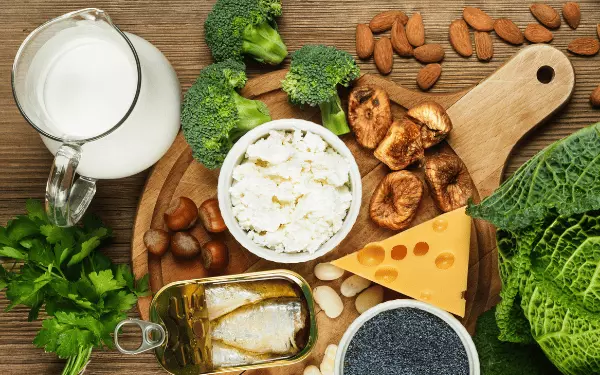
Try to achieve this calcium goal with foods rather than supplements if possible.
Calcium-rich foods include milk, cheese, yogurt, fortified milk alternatives (soy milk, almond milk, oat milk, etc.), salmon with bones, fortified tofu, sesame seeds, broccoli, arugula, bok choy, radish, soybeans, spinach, kale, etc.
A great resource on calcium-rich foods can be found on the Osteoporosis Canada website.
Vitamin D is also important for bone health as it aids in calcium absorption and reduces bone breakdown.
Vitamin D is found in some foods and fortified in many, such as salmon, milk, egg yolk, liver, cod liver oil, tuna, and milk alternatives.
However, it’s extremely challenging to meet vitamin D needs with diet alone. While we do make vitamin D when UVB rays from the sun touch our skin in the summer months, in the winter, the sun is not strong enough to allow us to make enough vitamin D to meet our needs. Therefore, the common consensus in Alberta is for everyone to supplement, especially during the winter months. A common starting point is 1000IU per day, however, speak to your doctor or dietitian about a personalized dose, based on your history.
Mindful eating
Have you ever noticed that you eat more when you are distracted? Do you fully taste all the food going into your mouth or do you swallow it down after just a few chews? Do you listen to your body when you are hungry and full? Do you quickly jump to food when you are emotional, bored, or out of habit?
There are numerous strategies to help you eat more mindfully such as limiting distractions at mealtimes, savoring each bite of food by chewing slowly and thoroughly, thinking about how food tastes and feels in your mouth, and re-learning your body’s natural hunger and fullness signals.
Many women experience mood swings during menopause which can lead to emotional eating if food is an emotional outlet. Learning coping mechanisms from a mental health professional and/or dietitian can help you manage emotional eating and eat more mindfully.
Managing hot flashes
Caffeine and alcohol have both been proven to worsen hot flashes. Caffeine can also worsen sleep, which as described below, is extremely important for good health. Limiting excessive intake of caffeine and alcohol may help with managing hot flashes.
Soy contains phytoestrogens which are estrogen-like compounds made by plants. Some people believe that increasing soy intake tricks the body into thinking it has more estrogen which improves hot flashes associated with menopause. Research on this has been inconclusive. Regardless of this debate, soy products are an excellent source of lean protein and calcium which are both very beneficial for our bodies.
Everyone responds differently to these compounds. Keep a symptom journal to help you determine if any of these substances are worsening or improving hot flashes.
Managing sleep and staying active
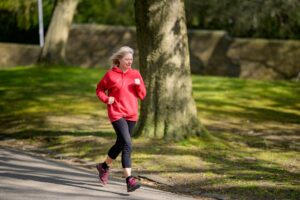
Although this article is about nutrition, the importance of sleep and activity cannot be overstated.
For a review on the importance of activity as you age, click here.
Sleep is also a vital part of good health that is often overlooked.
Sleep is the time when our bodies recover: from illness, from injury, from the day. Good sleep is associated with improved health outcomes, mental health, and sport performance. Practice good sleep hygiene by shutting down all bright screens (tv, staring at your phone, etc.), at least a few hours before bed. If you are struggling, make sure you seek assistance or guidance from your doctor.
The bottom line!
- Keep moving!
- Eat balanced meals consisting of lots of fruits, vegetables, whole grains, and lean protein.
- Include calcium-rich foods and supplement with vitamin D, at minimum in the winter months.
- Limit processed foods and fast food.
- Monitor your intake of caffeine and alcohol as these may worsen hot flashes.
- Meet with a Registered Dietitian if you want more individualized information.
Expert Contributor

Lindsay Haager, BSc, RD, CDE, IOC Diploma in Sports Nutrition
Dietitian at Banff Sport Medicine
